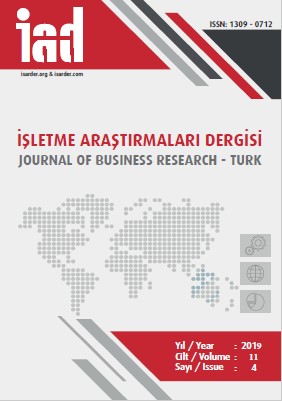The Effects of the Macroprudential Policies on Turkish Banking Sector
The Effects of the Macroprudential Policies on Turkish Banking Sector
Author(s): Murat MAHMUTOĞLU, Hakan Naim ArdorSubject(s): National Economy, Economic policy, Economic development, Financial Markets
Published by: Orhan Sağçolak
Keywords: Macroprudential policies; Financial stability; Fragility;
Summary/Abstract: Purpose – The aim of the research is to test the effectiveness of macroprudential policies that contain different instruments and help to ensure financial stability in Turkey. Design/methodology/approach – The Central Bank of Turkey (CBRT) and the Banking Regulation and Supervision Agency (BRSA) implemented macroprudential policies such as active use of Debt to Income (DTI), Loan to Value ratio (LTV), required reserve ratios, capital requirement, foreign currency lending limits, credit growth limits, interest rate corridor in order to mitigate financial vulnerabilities. These effects have been analyzed and tested with the econometric time series methods in the paper. The data consist banking groups that are Turkish banking sector, deposit banks, development&investment banks. Results – Empirical findings show that tightening macroprudential policies reduce the loan growth of the Turkish Banking sector and deposit banks. However, the magnitude of this effect is relatively small. Unlike these findings, the effects of macro-prudential tools on the loan growth for the Turkish Development&Investment Banks are not significant statistically.
Journal: İşletme Araştırmaları Dergisi
- Issue Year: 11/2019
- Issue No: 4
- Page Range: 2371-2383
- Page Count: 13
- Language: English

